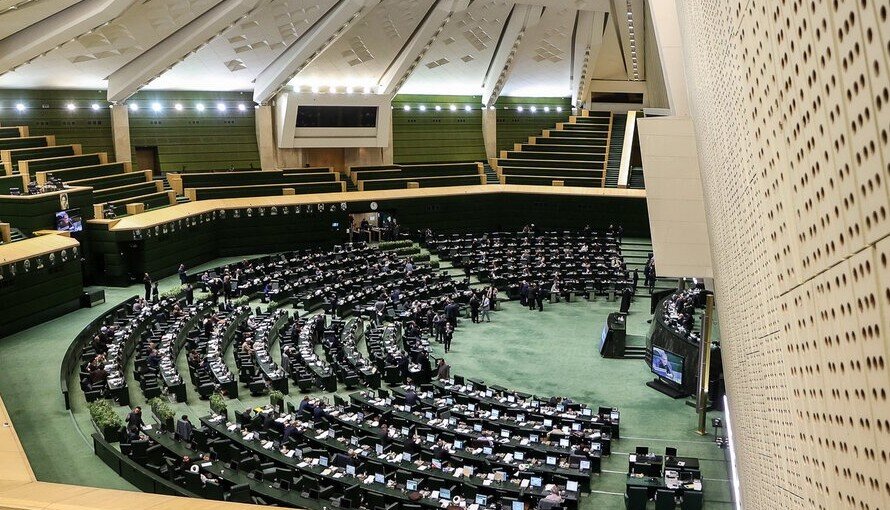Tehran – The Iranian Parliament has approved a landmark treaty on a comprehensive strategic partnership with the Russian Federation, telling us crucial steps in deepening relations between the two countries across a wide range of sectors.
During the open session on Wednesday, May 21, lawmakers from the Islamic Council (Majles) voted in favor of a bill that outlined the provisions of the treaty. Of the 211 members who attended, 192 voted in favor, five opposed, and two abstained.
According to a single article in the bill, the “Comprehensive Strategic Partnership Treaty between the Islamic Republic of Iran and the Russian Federation” has been ratified to consist of a preamble and 47 articles, allowing permission to replace official equipment related to it. The memo attached to the legislation emphasizes the need to observe Articles 77, 125 and 139 of the Constitution of the Republic of Iran, and the 1979 legislative law destroying Chapters 5 and VI of the Iranian Friendship Treaty.
The vote follows the previous ratification of the treaty by the territorial territorials of Russian states in April, and lawmakers passed an agreement filed by President Vladimir Putin, who signed in January with Iranian President Masuud Pezeshkian at a well-known ceremony in Moscow.
At the time of signing it, Putin described the treaty as a “groundbreaking document,” and President Pezeshkian said that he would “open a new chapter in Iran-Russia relations in all areas.”
The 20-year treaty provides a legal framework for long-term cooperation between the two countries in key strategic areas such as defense, security, energy, transportation, banking, agriculture, science and technology. It also includes provisions for intelligence sharing and mutual support in the face of shared security threats. In particular, the treaty includes a clause that neither side will support an attacker if one party is exposed to external attacks.
The agreement is designed to strengthen economic resilience amidst Western sanctions, promote investment in the oil and gas sector, and strengthen cooperation in peaceful nuclear energy development, as well as the establishment of payment systems independent of third-party states, relying on national currencies.
Earlier, the state’s consular chairperson, Vyacheslav Volodin, emphasized that the treaty will strengthen bilateral cooperation and inter-parliamentary coordination, including participation in joint committees and international parliamentary organizations.
Iran and Russia have been increasingly aligning their policies in recent years, and have formed closer strategic partnerships against US-led sanctions. The treaty, now recognized by both parliaments, officializes what is an already evolving alliance. It aims to reconstruct the dynamics of regional and global powers through mutual support and cooperation.

